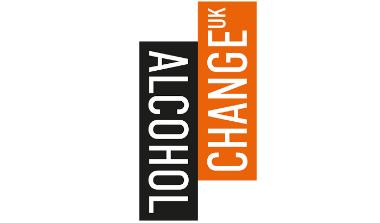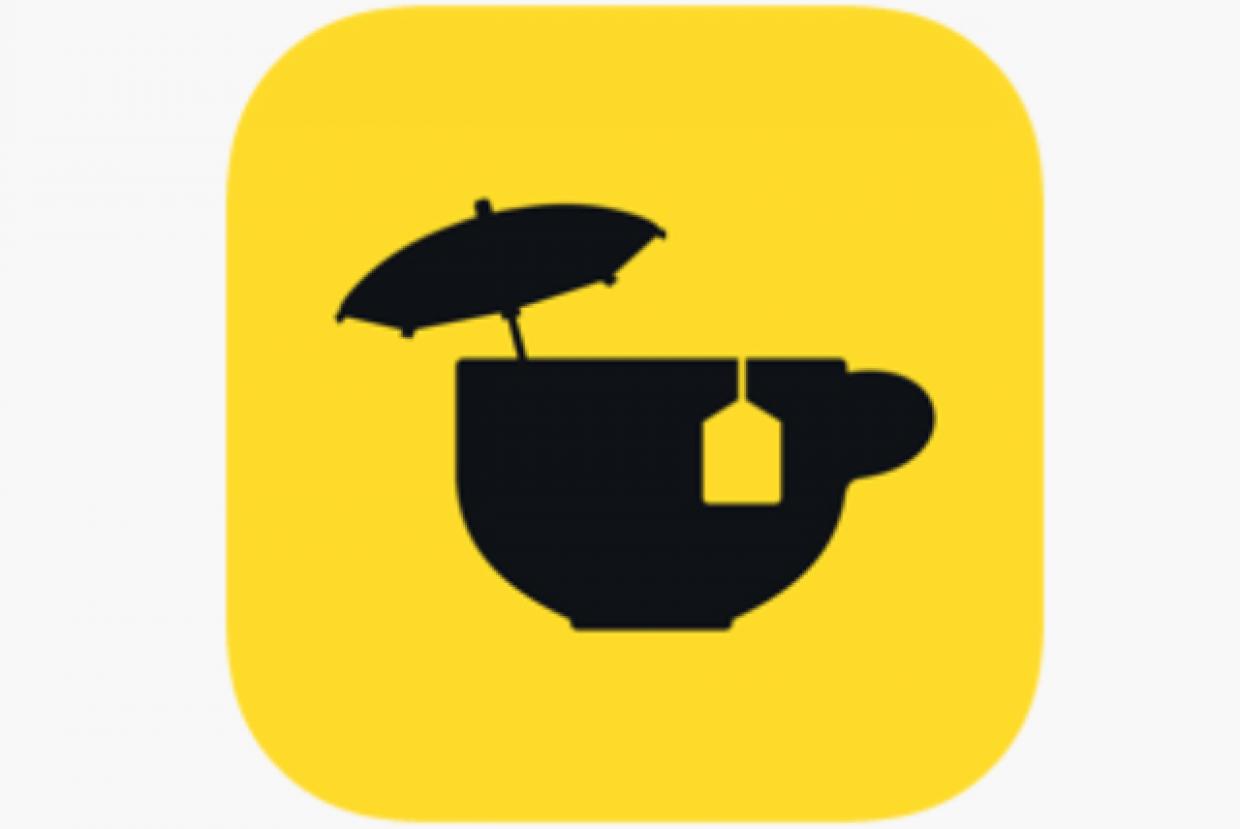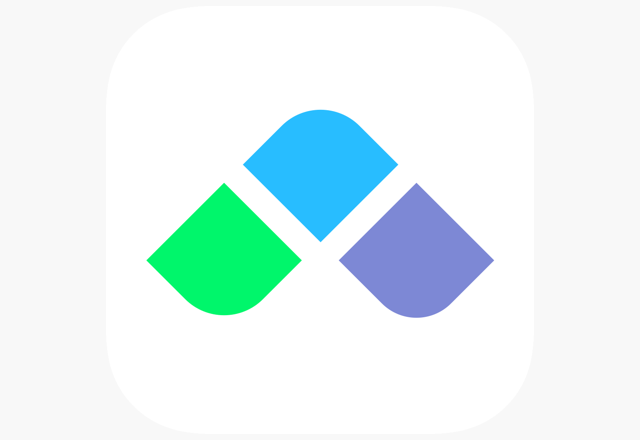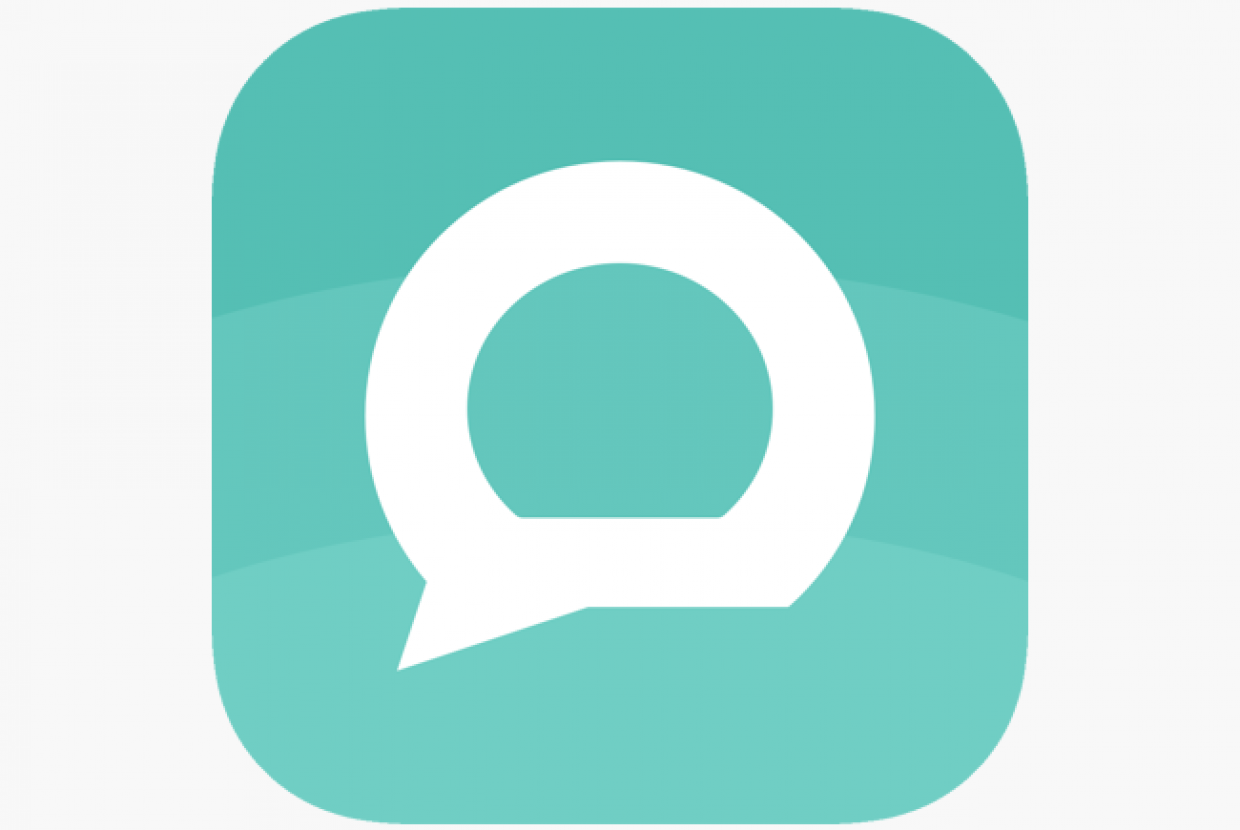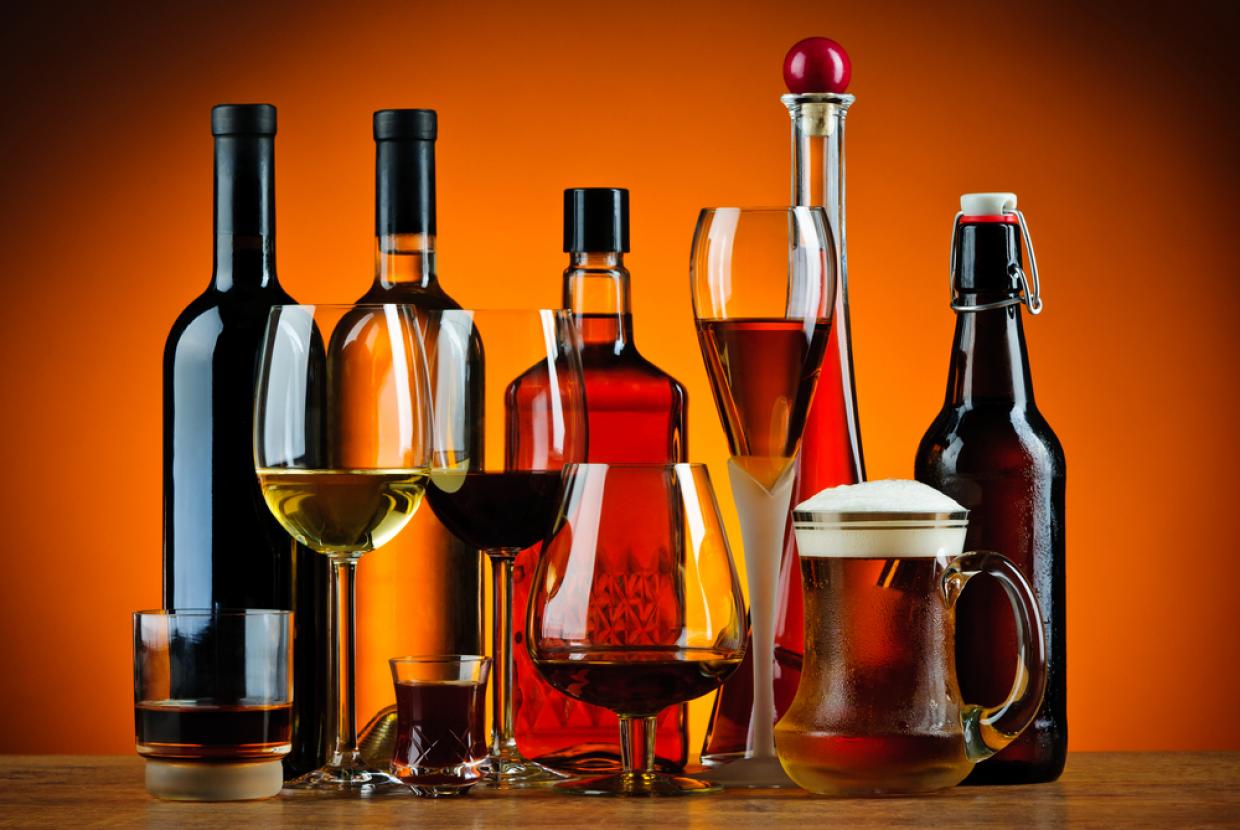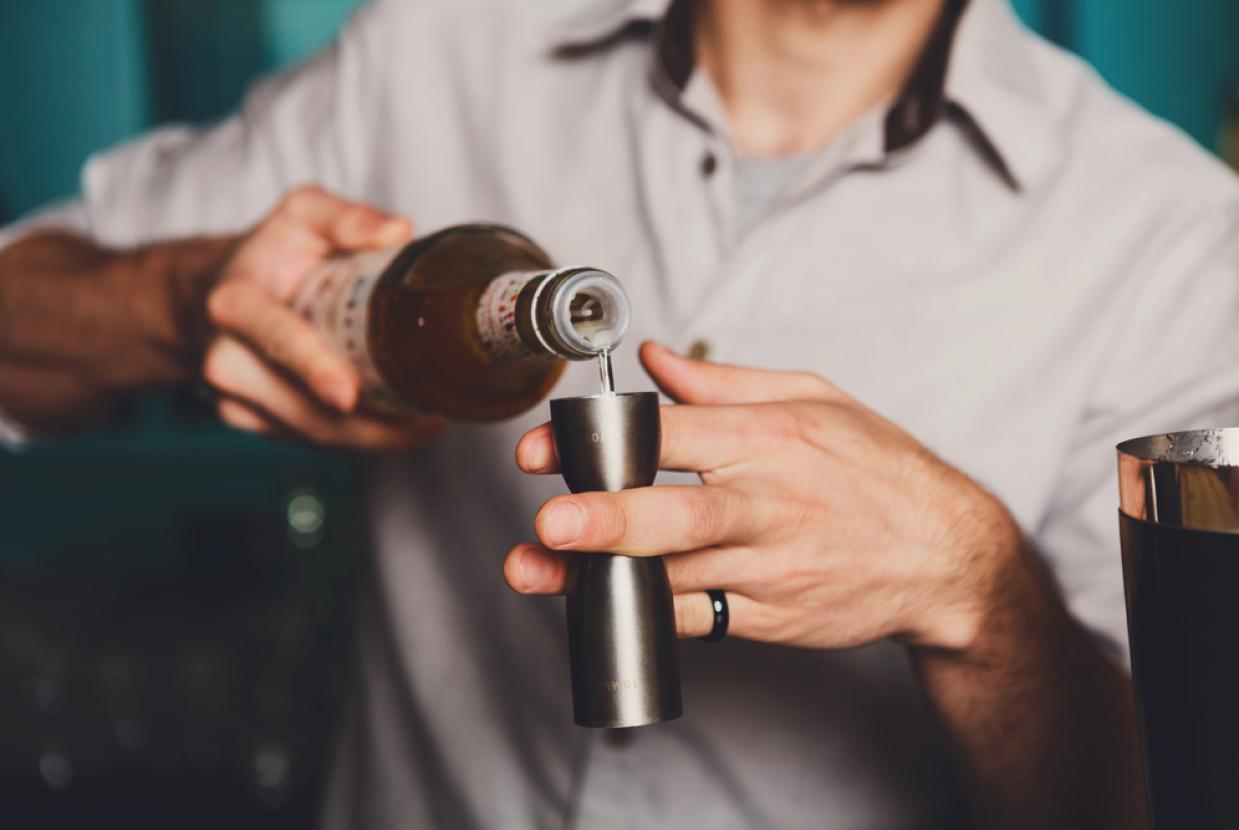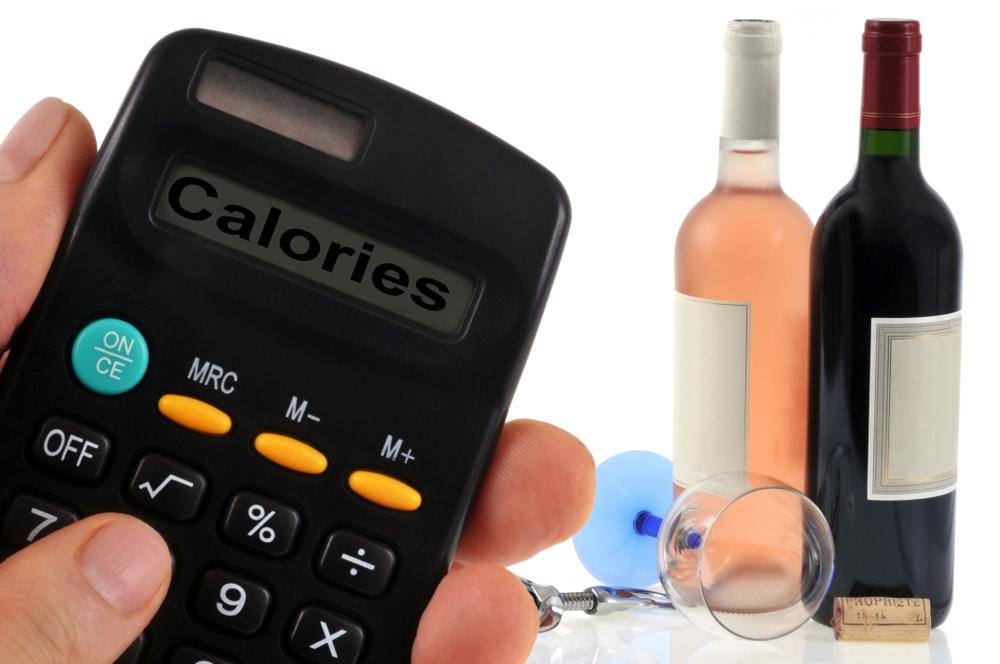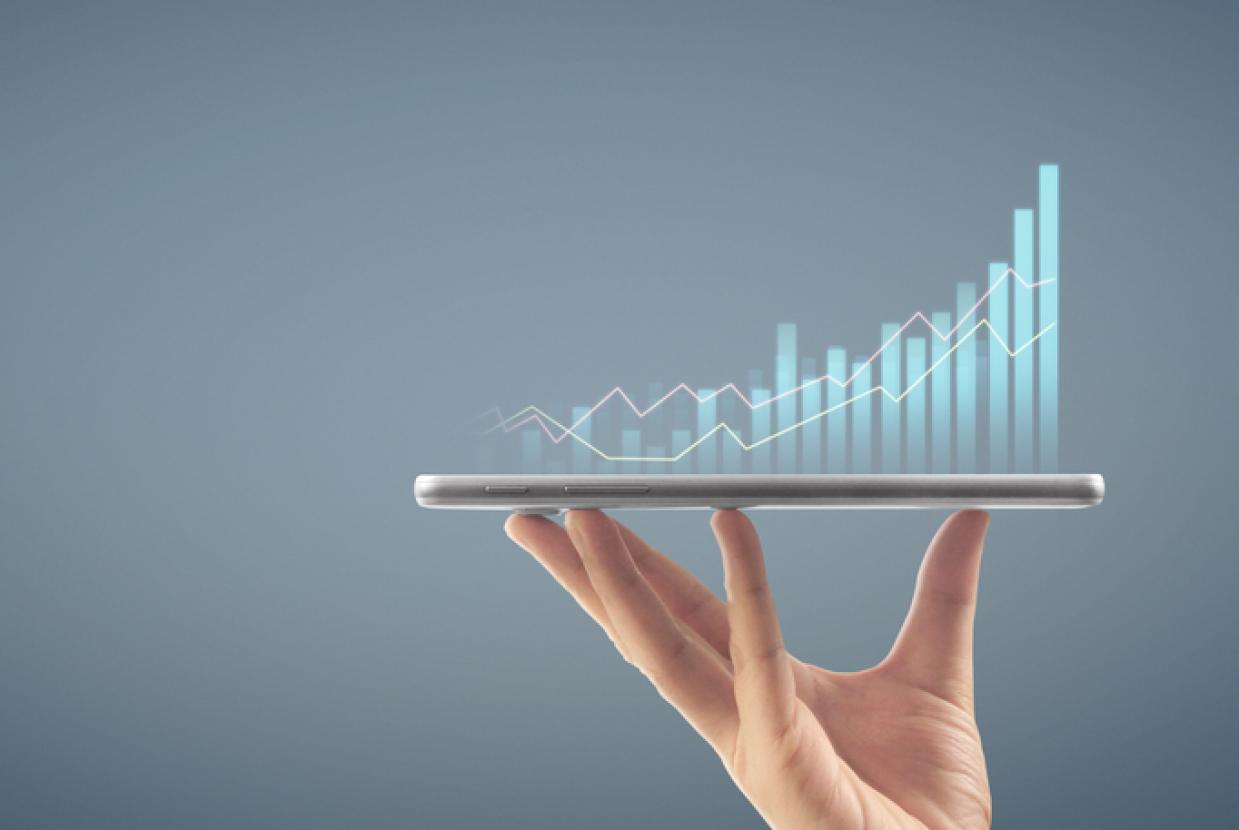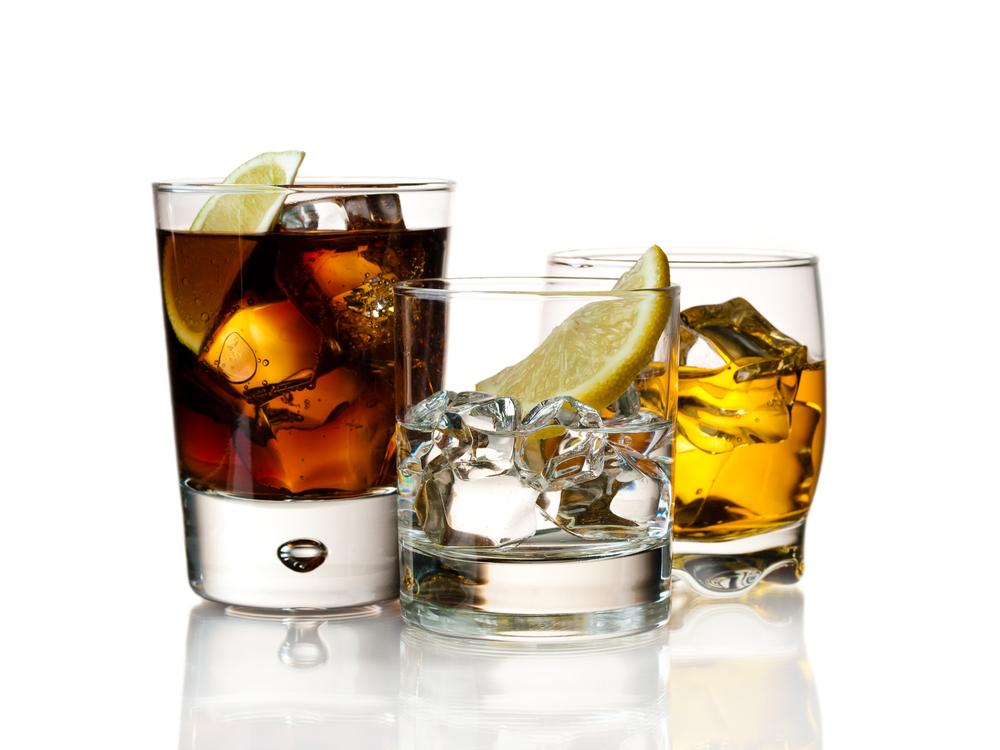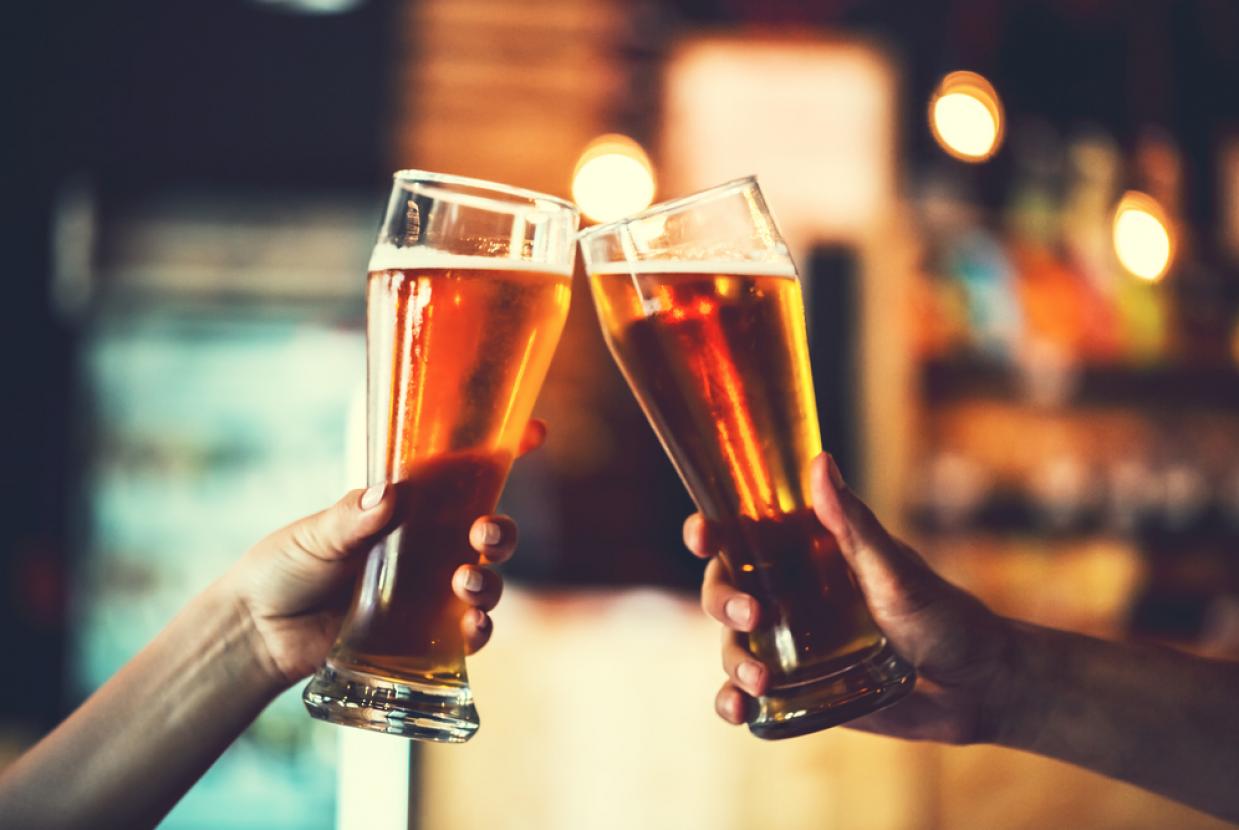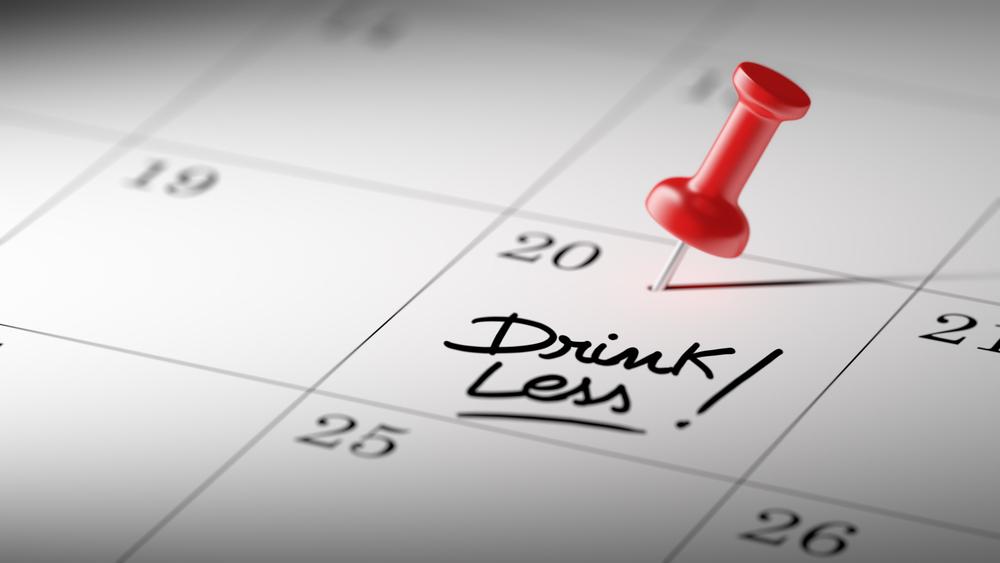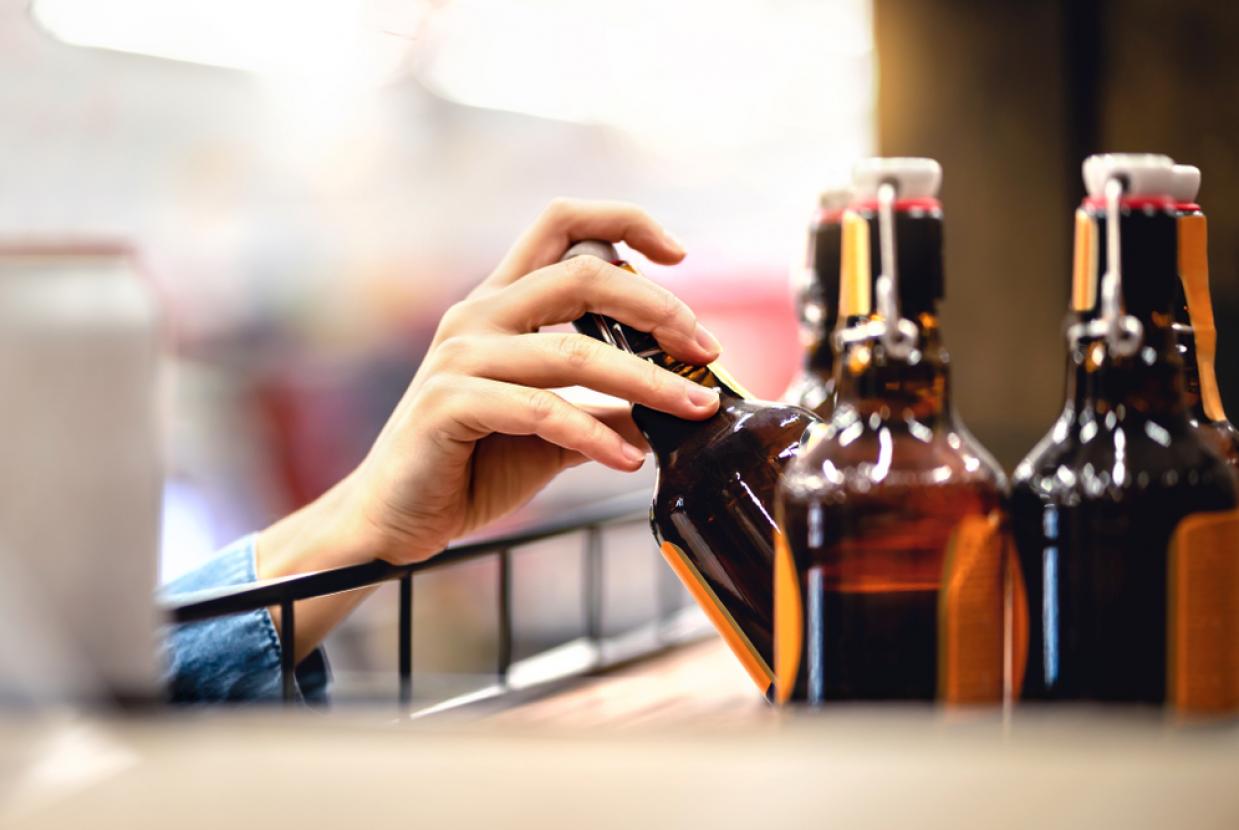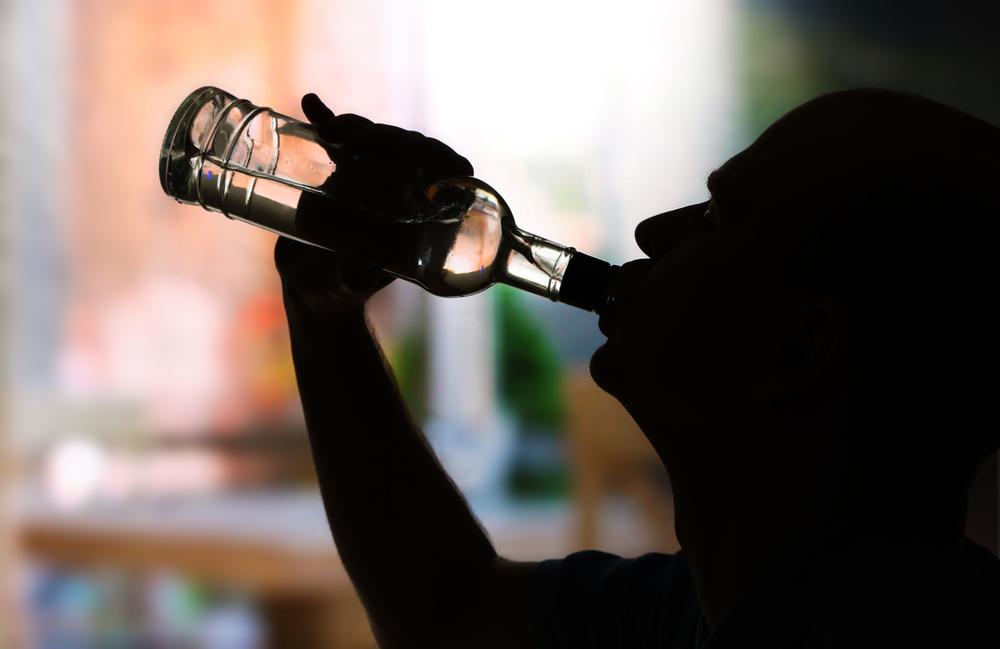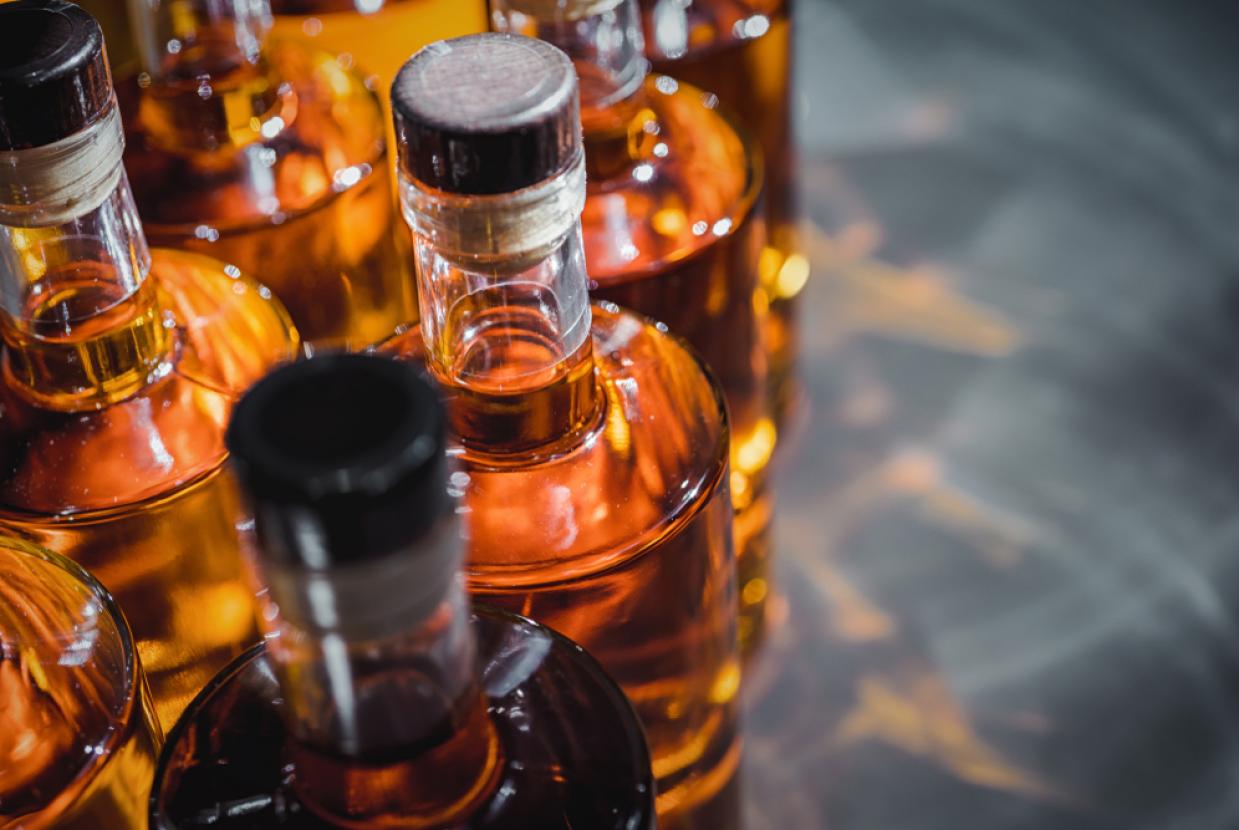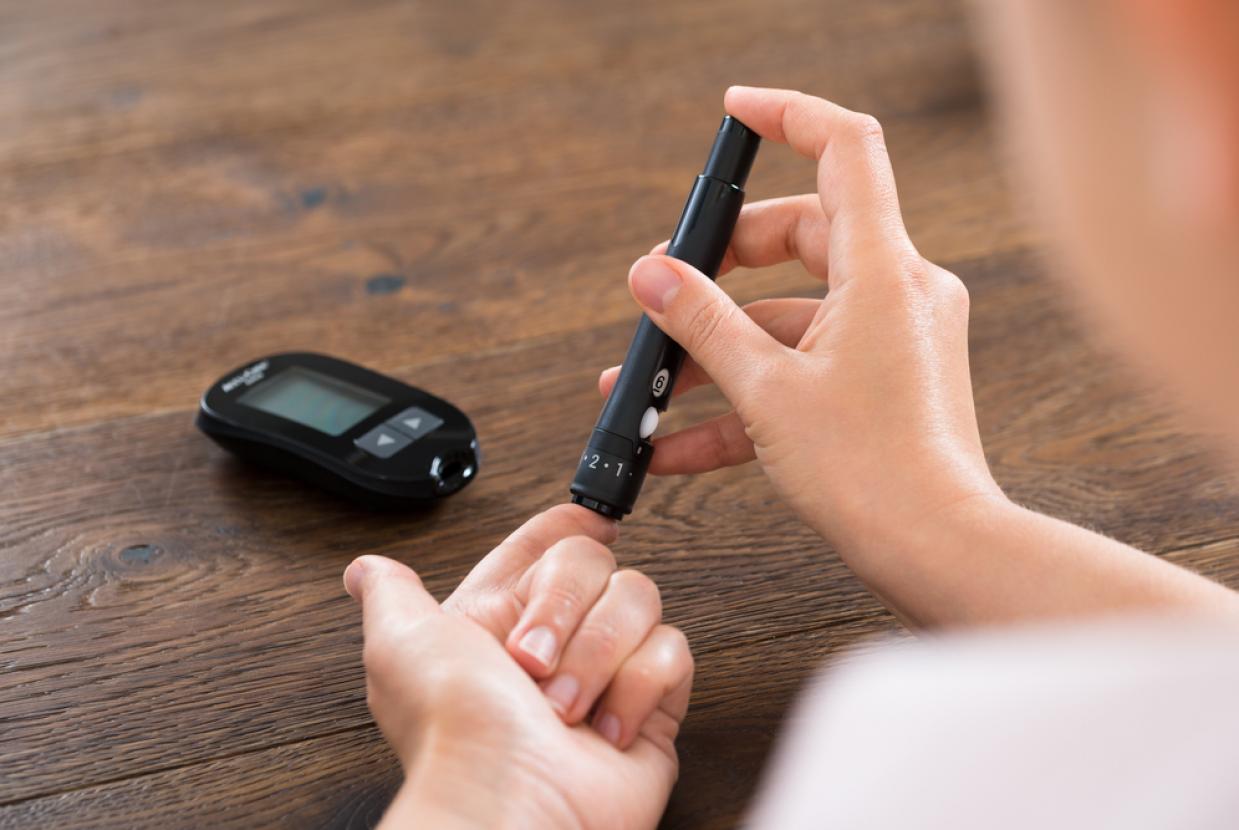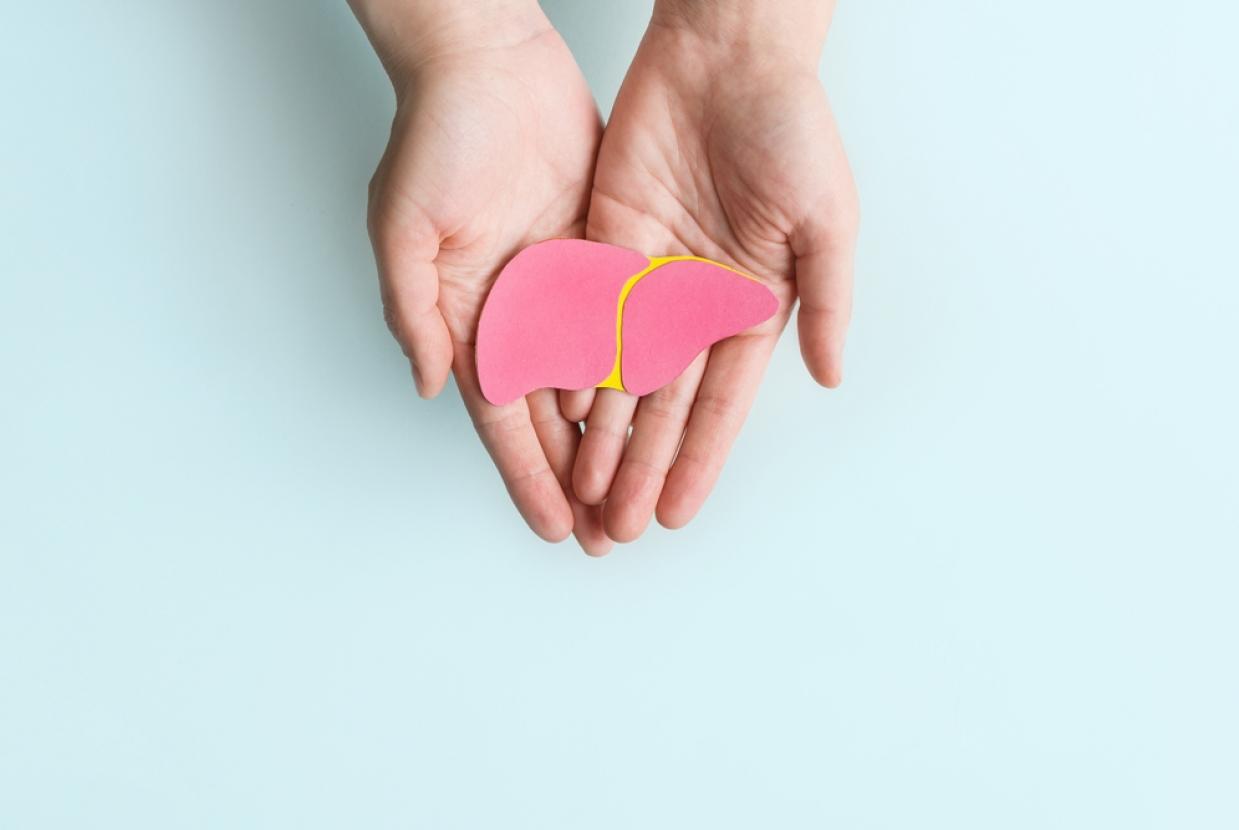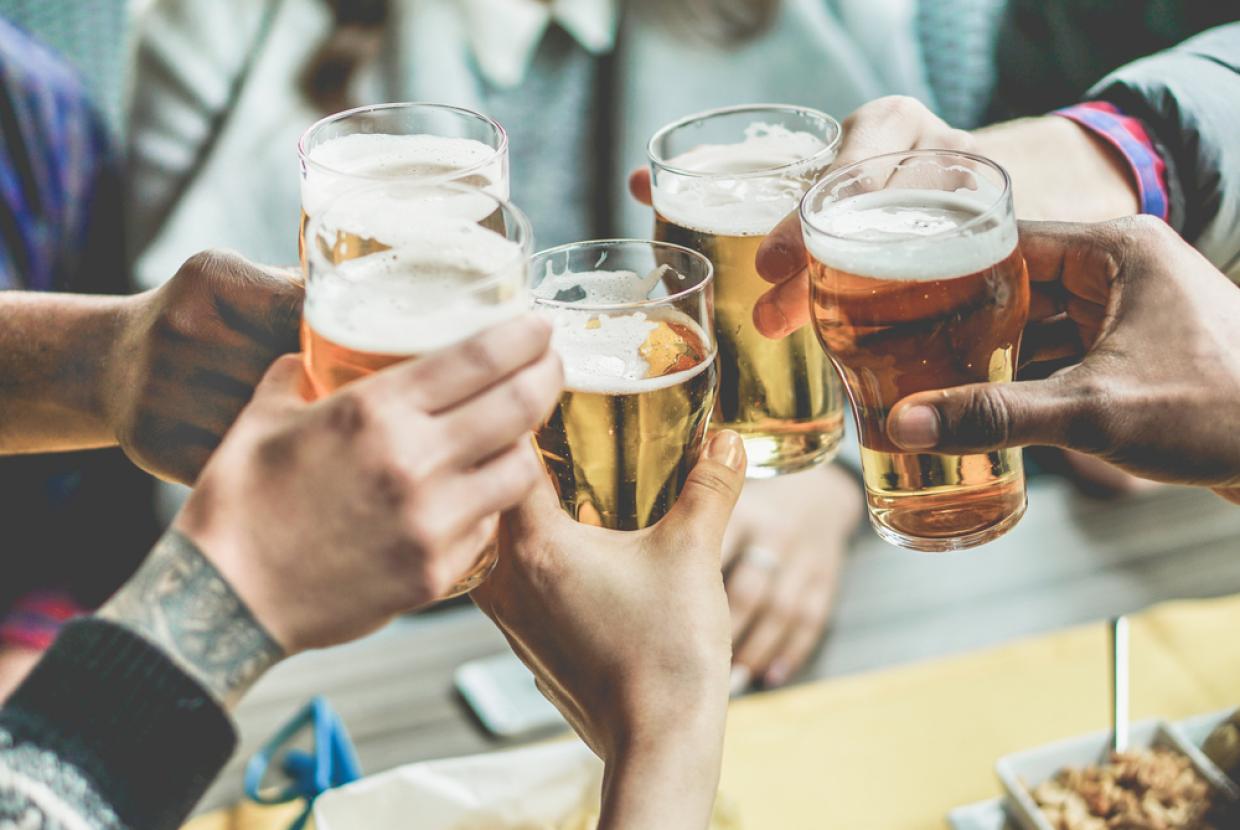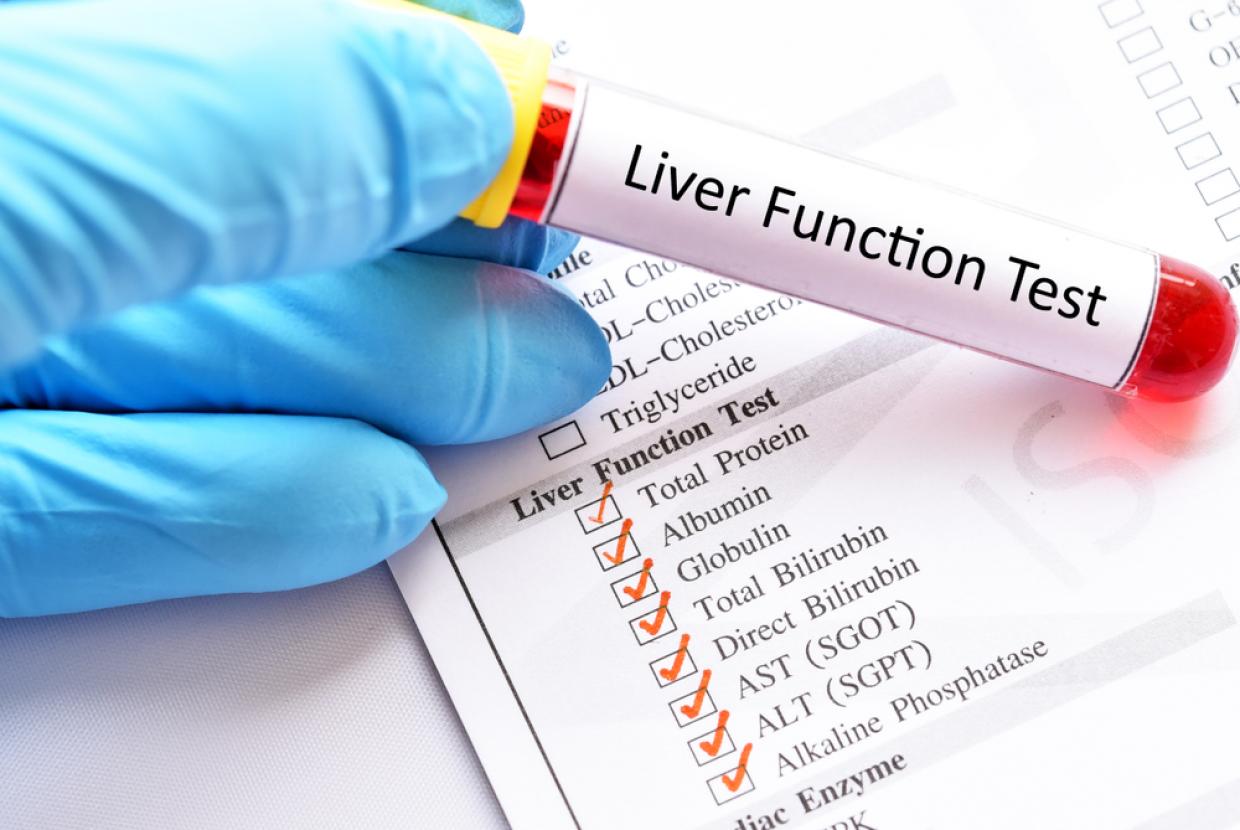Which Goal Is Right For My Drinking Type?
Alcohol GuidanceFollowing on from Dry January, Alcohol Change UK want to say a huge well done for getting to this point. We know from a lot of participants that the next steps can sometimes feel a bit daunting.
Your plans for February and beyond may have changed considerably as you’ve progressed, or you might have questions about whether to return to drinking or not.
Using the “drinking personality types” from our quiz (take the quiz: What type of drinker are you? here if you haven’t done so already), we’ve put together suggestions for goals which might work best for you going forwards. Don’t think of them as rules! The important thing is to explore your next steps with intention, and if you’ve used Try Dry you’ll find tips on how it can keep you on track with your preferred goals.
Weekend drinker:
If you were someone who previously spent weekends drinking then you may want to set some goals that support the learning and changes you have made this month. If weekends were challenging throughout Dry January, the temptation may be to go all out at the finish line, so it may be helpful to approach weekends in a more mindful way going forward.
This could involve setting yourself a lower limit on a drinking day or adding some regular dry days to your weekend. To help put this goal into action, plan ahead what things you will do to stick within that limit. Use the Try Dry app custom goals section to set a limit on specific days and to identify which days can be dry ones.
Lots of people trying to change their weekend drinking also find it helpful to have other goals such as fitness targets to work towards. By focusing on these, you can evaluate whether alcohol fits into that or not. Some people find it easier to not drink when they are training or working towards something, whereas others use the training to define when or where they choose an alcoholic drink if they want one.
Daily drinker:
If you were previously a daily drinker and have enjoyed taking a break during Dry January, then your next goals may want to focus on reducing an increased amount of alcohol creeping back in. You may find that the easiest goal to set going forward is an extension of your dry period. Why not use the Try Dry app to set February as a dry month, or longer if that feels ok?
Over time you may want to ensure that your alcohol-free days are just as regular as any drinking days. Our custom goal section allows you to set a target for dry days over the week, month or year. We suggest starting off with a smaller timeframe (a fortnight or a month) to help you get into the swing of things before building up to longer time periods.
Both ends of the candle-er:
If you’re somebody who found yourself partying with alcohol at any time of the week, any day of the year then your next steps following Dry January may require a two-pronged approach. Setting regular alcohol-free days and setting limits on the days you choose to drink alcohol can be done through custom goals in Try Dry.
You might also benefit from setting some overall wellbeing goals and taking time for improved self-care. Use the wellbeing section in the app to see your progress against those key areas of sleep, mood, energy and cravings.
The unwinder:
If you found yourself unwinding with alcohol at the end of the day prior to Dry January, then your focus at the end of the challenge is to maintain your new coping strategies. You might find it beneficial to take an extended period off alcohol to really get those new associations and behaviours bedded in. Why not sign up to take on Sober Spring, our three-month sabbatical with the help of our Try Dry app, weekly emails sharing insights into moving into an alcohol-free lifestyle, and our online community group to share in the journey with others?
Getting support of other like-minded people might also help you in those times when stress starts to creep in. Sober Spring offers that element of support to keep you on track. You can set a custom goal for the time period between Dry January ending and Sober Spring starting – that can be to remain alcohol-free or setting a limit on the amount of alcohol you want to drink/number of drinking days over each week to keep you focused.
Emotional drinker:
If you found that alcohol was strongly associated with your emotions, whether that’s using alcohol to celebrate or alcohol to commiserate, then you may find a moderation goal works well for you beyond Dry January. Whilst moderation might feel looser than other goals, the Try Dry app helps you define it as drinking within the low-risk guidelines of 14 units per week, spread out over three or more days (if you are in the UK). You’ll also have the added benefit of being able to choose how and when you want to drink alcohol rather than having that automatic response when faced with the highs and lows of life.
You may find that using alcohol-free alternatives can help you to be social when at a sporting event or the pub and can also help you to break that association between using alcohol as a distraction from difficult emotions. However, you might have realised that alcohol does nothing for your emotions in the long run and that Dry January has shown you that you can cope with challenges or celebrations without a drink (or be learning to do so). If this is the case, why not try extending your alcohol-free period instead.
Finally, remember that we don’t have to be pigeon-holed into being a type of drinker or someone that needs to stick to a certain goal. It is the process you take to your destination that offers the richest experiences. The key message is to keep a goal in mind, and to think about what might work best for you to achieve the type of life you want. Whilst you may not know what your end goal will be, we can guarantee that being open to different goals can sometimes be the game-changer. If you’re struggling to get to that dry streak, why not set yourself a reducer goal until you get into the habit of drinking less? Likewise, if you’re struggling to maintain moderation goals why not try taking a longer break from drinking to really reset?
We don’t have to be prescriptive and rigid, but we do owe it to ourselves to be honest about what would work best for our personality, lifestyle and hopes for the future. Remember that whatever you choose, setting goals that are specific, measurable, achievable, realistic and time-based give us a better chance of success than vague intentions. And people that set goals are more likely to make change - so stick with it!


